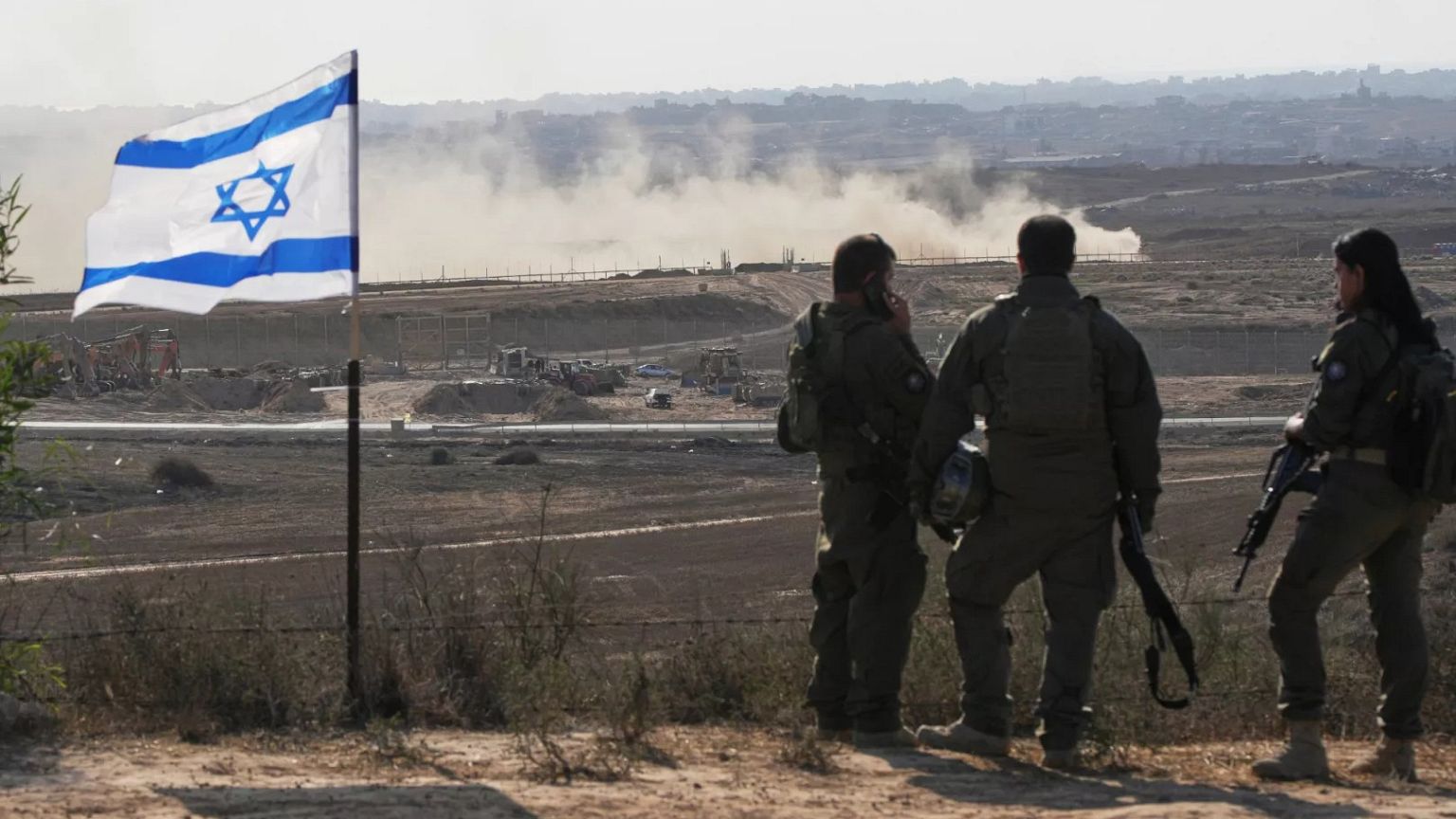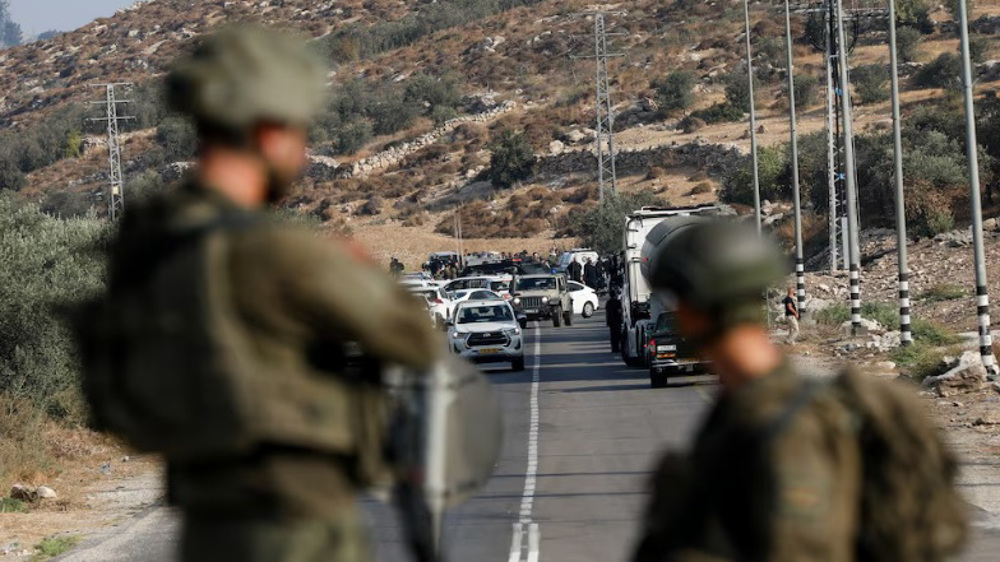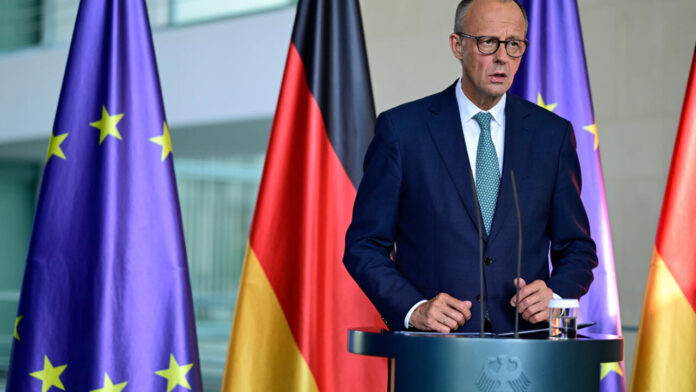Germany on Friday said it will stop any military exports that could be used in the Gaza Strip after Israel’s security cabinet approved a plan to occupy Gaza City, a move that Berlin says will make the humanitarian situation worse and will not help win the release of hostages, Chancellor Friedrich Merz said.
The decision and why it matters

The chancellor spoke in strong terms and said new military action will deepen the harm faced by civilians in Gaza, and that makes it hard for Germany to continue issuing export permits for weapons and other gear that might end up there.
He also said Israel has the right to defend itself against attacks by Hamas, and yet he added that this specific plan raises grave concerns about human need and access for aid. The German pause takes effect until further notice. The measure cuts a key line of supply from one of Israel’s closest European partners.
Reaction from other capitals
Other Western leaders voiced worry as well. British Prime Minister Keir Starmer warned the move on Gaza City could bring more bloodshed, according to reports. France has moved in a separate track, with President Emmanuel Macron saying he will press toward recognizing a Palestinian state at the UN General Assembly in September. Many EU and NATO ally capitals now look at Israel’s next steps with rising doubt, and a joint statement from about 28 countries in July said the fighting must stop.
What Germany had sent before

Parliament records show that Berlin approved nearly 485 million euros in military exports to Israel from October 7, 2023, to May 13, 2025. The United States still supplies roughly 70 percent of Israel’s military gear, while Germany ranks as the second largest source. The halt does not change US shipments, but it does cut a European supply route and sends a political signal that Berlin sees limits on support if civilian harm grows.
Diplomatic pressure and aid access
Merkel’s successor had long avoided moves that would widen diplomatic distance, and this decision marks a new tone for the current government. The chancellor urged Israel to allow full humanitarian access so aid teams can reach people in need. He also warned against steps that could expand control over territory in the West Bank. Other European states have hinted at similar steps if the human cost rises.
My take and what this could mean
I see this pause as a test of ties and of strategy. Germany acted because it sees a real risk that more fighting in Gaza City will push the humanitarian toll higher and close off aid routes, and this step tries to shape choices by using limits on supply. At the same time, the pause risks a tougher divide with Israel if leaders in Jerusalem view the move as a break in trust. In the weeks ahead, expect diplomacy to intensify.
Allies will press for more aid access and discussion of how to secure hostages without widening harm to civilians. If Germany holds this line, other European states may follow, which would pressure Israel to change plans or to tighten possible safeguards for civilians. If Israel reshapes its approach and opens aid corridors, Berlin may lift the pause. For now the pause sends one firm message: partners will watch how military plans affect people and aid.
Sources: timesofisrael.com

